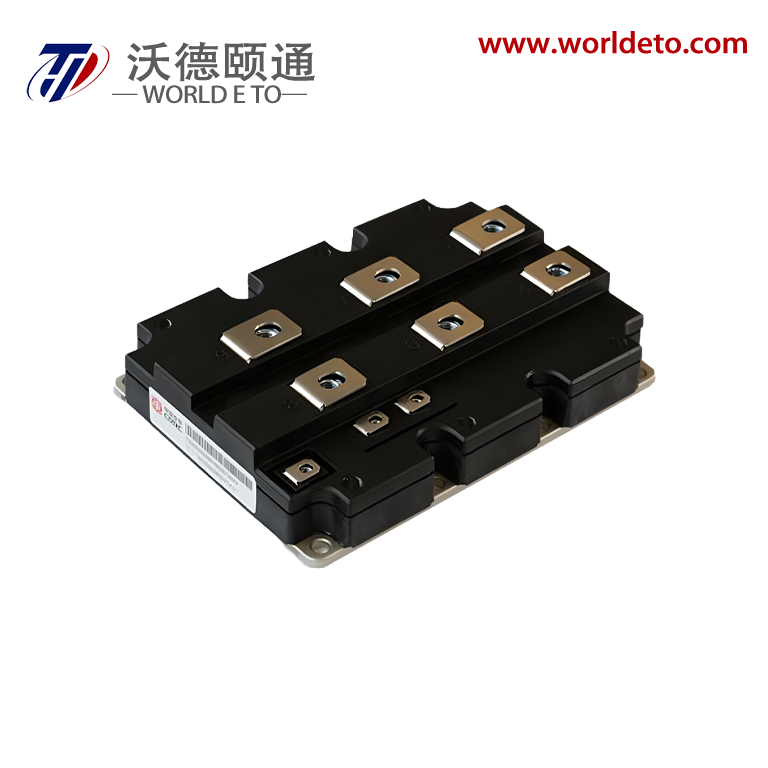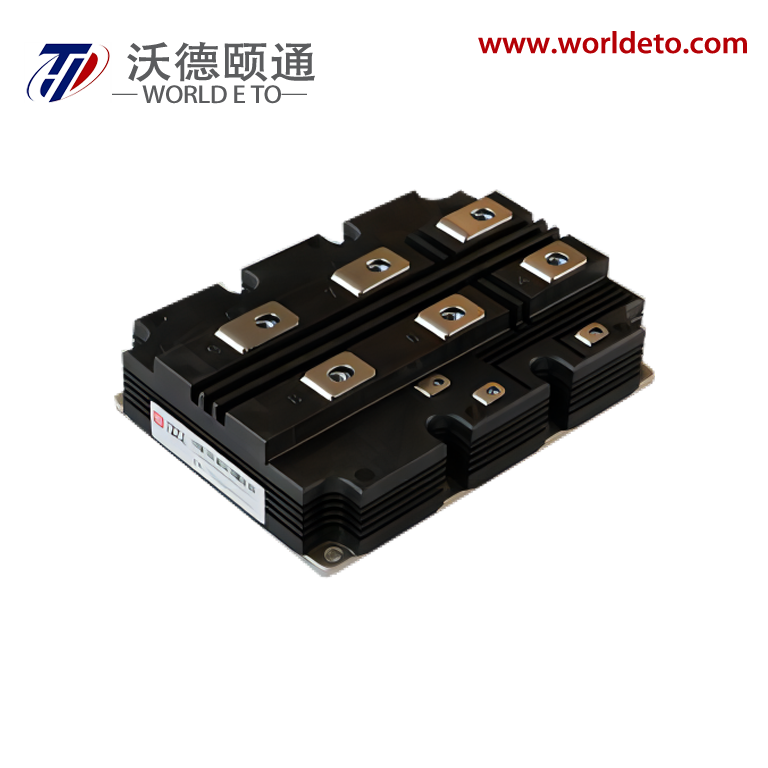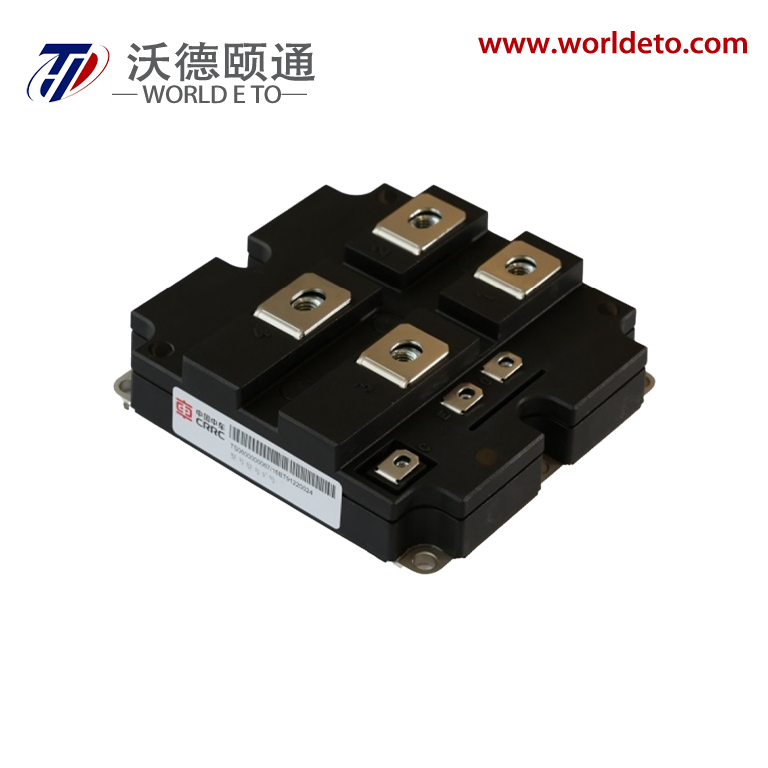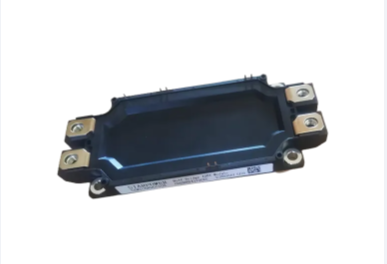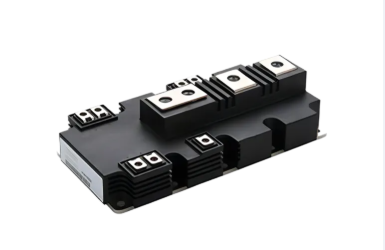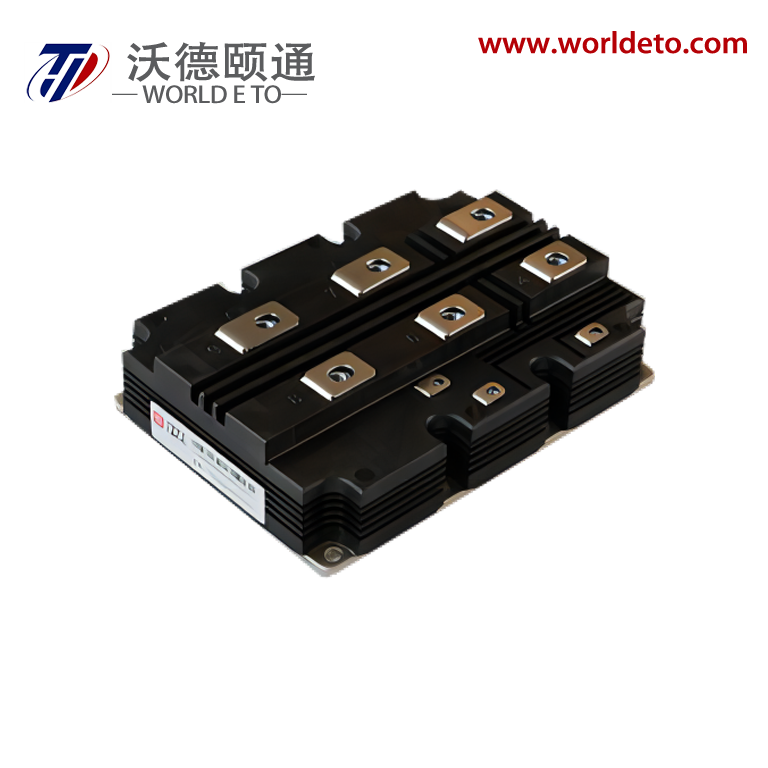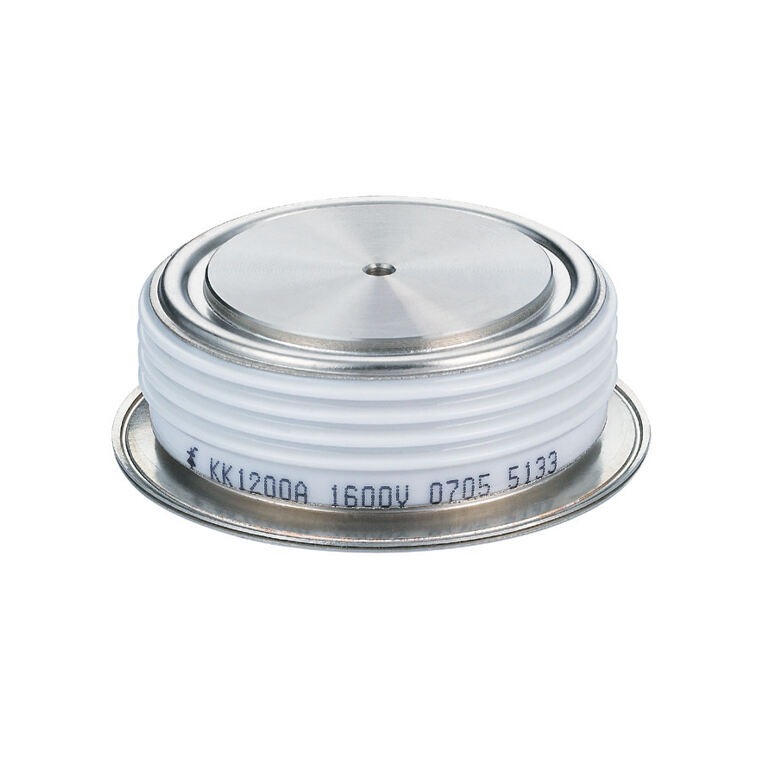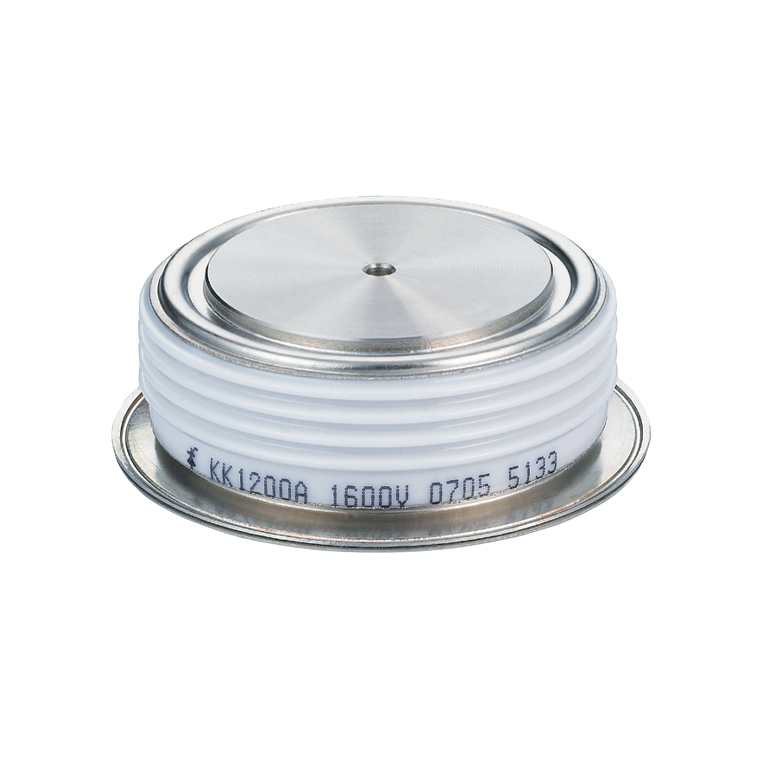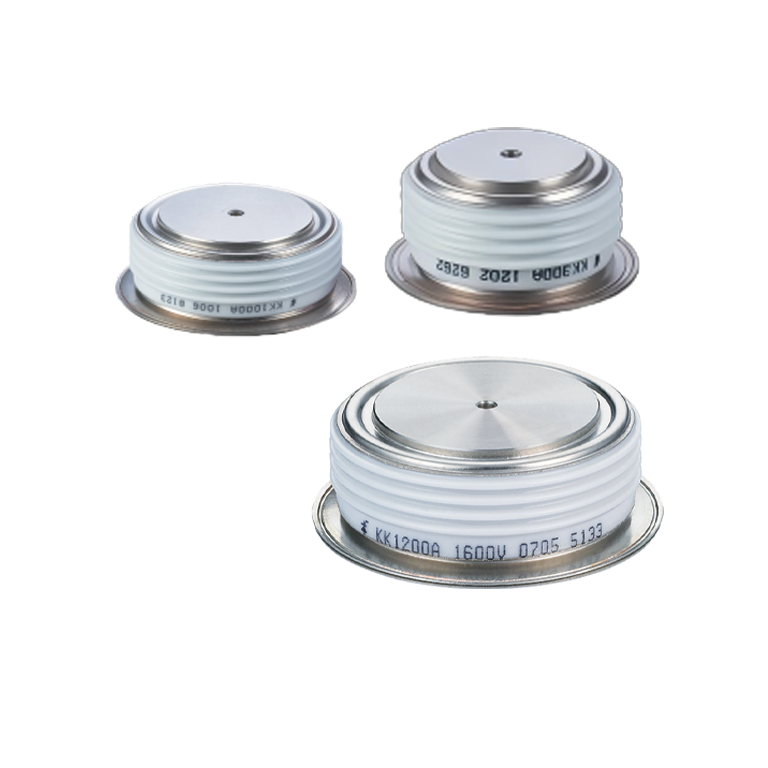врсте преносилаца струје
Трансдусери струје су основни уређаји у модерним електричним системима, који су дизајнирани да мере и претварају електричну струју у стандардизоване излазне сигнале. Ови уређаји долазе у неколико типова, укључујући трансдусере на принципу Хол ефекта, Роговскијеве калемове и трансдусере базиране на струјним трансформаторима. Трансдусери на принципу Хол ефекта користе полупроводничке материјале за детекцију магнетних поља која ствара струја, омогућавајући прецизне мерења без директног електричног контакта. Трансдусери са Роговскијевим калемом имају спирални калем који окружује проводник, нудећи изузетну линеарност и широк опсег мерења. Трансдусери базирани на струјним трансформаторима користе принципе електромагнетне индукције за мерење наизменичних струја, пружајући поуздана мерења за примене са високим струјама. Сваки тип има специфичну намену у системима индустријске аутоматизације, надзора електричне енергије и управљања енергијом. Модерни трансдусери струје укључују напредне карактеристике као што су дигитална обрада сигнала, компензација температуре и уграђене могућности калибрације. Ове иновације обезбеђују прецизна мерења у различитим условима околине и оптерећења. Примене се крећу од контроле индустријских мотора и дистрибуције енергије до система обновљиве енергије и станица за пуњење електромобила. Технологија се наставља да развија унапређењима у прецизности, брзини одзива и могућностима интеграције са системима паметних мрежа.

